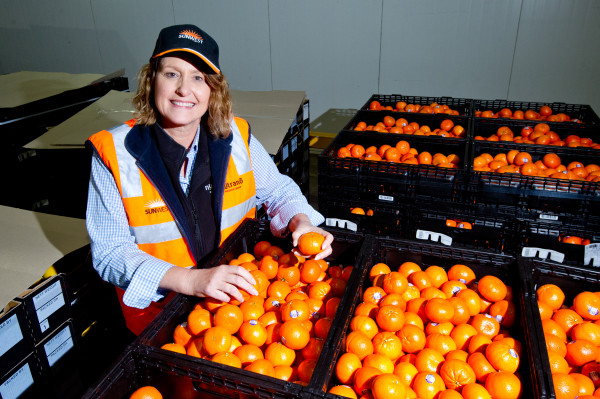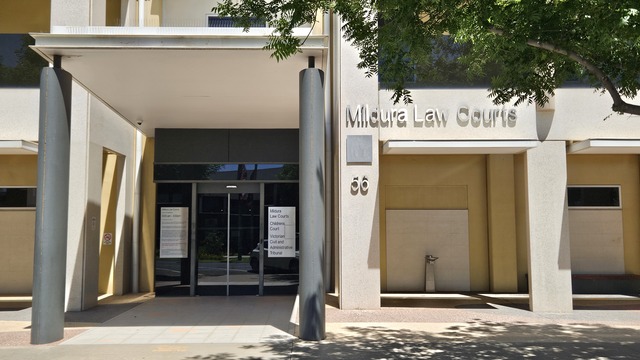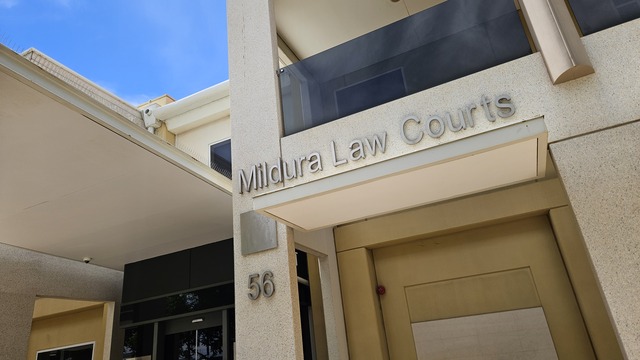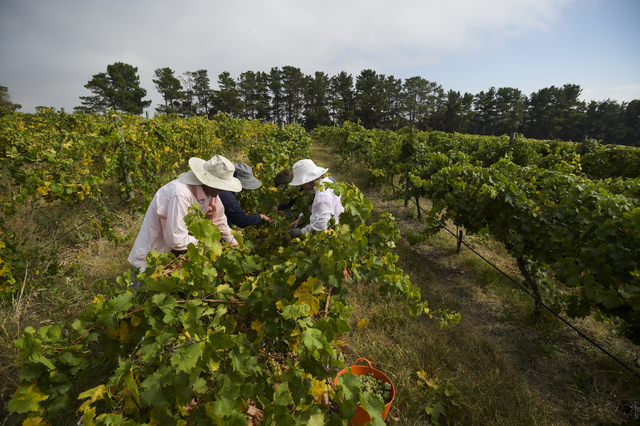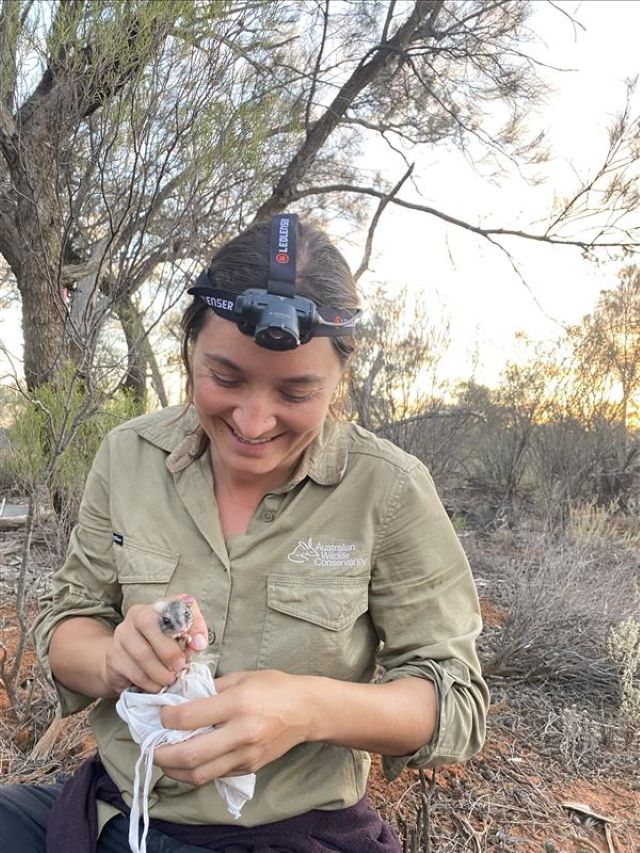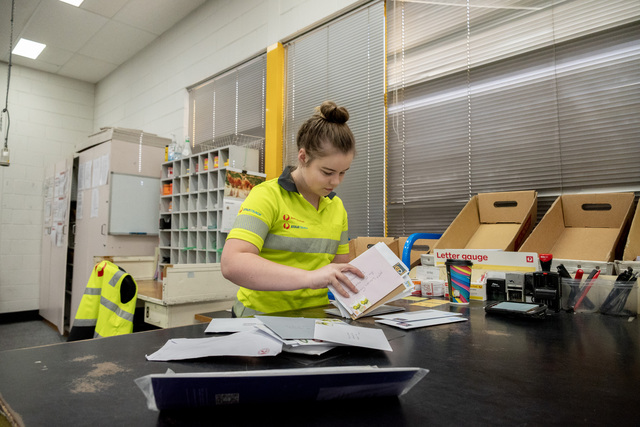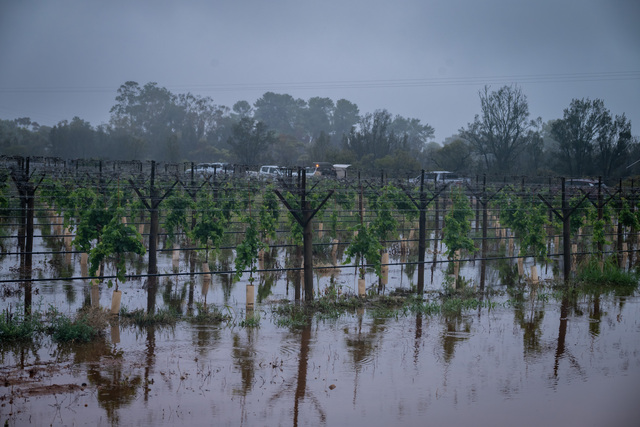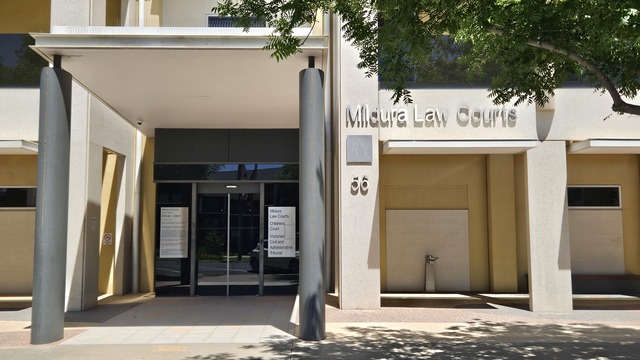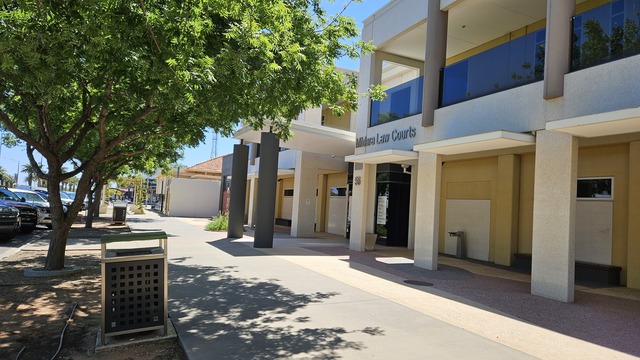CITRUS and grain growers could receive a major boost overseas, after a free-trade deal was announced between Indonesia and Australia on Monday.
The deal, which could be introduced within 60 days, is the first to include a dedicated chapter on non-tariff barriers and will allow 99 per cent of Australian goods to enter Indonesia duty-free or under significantly better preferential agreements.
For the citrus industry, there will be no tariffs on 10,000 tonnes of oranges, 5000 tonnes of lemons and 7500 tonnes of mandarin exports in the first year.
Citrus Australia chief executive Nathan Hancock welcomed the ratification of the agreement and said it would support current efforts to develop a new market for Australian growers.
He said it provided further incentive for growers to export additional citrus fruit and Citrus Australia would assist growers and exporters in managing this process.
“The free trade agreement has strengthened the diplomatic relationship between the two countries, which will increase business certainty,” Mr Hancock said.
“Any international market that imports 10,000 tonnes of Australian fruit is significant and these tariffs will help us meet that goal.”
Nutrano Sunraysia general manager of operations Tania Chapman said any reduction in tariffs that could lead to increased trade was “always welcome”.
Ms Chapman said Indonesia was last year the fifth-largest export country for Australian citrus fruits, with around 7 per cent of volume, and the 14th-largest export destination for Nutrano, with a volume of 2 per cent.
“The big issue we have had with Indonesia in the past is that while they may lower the tariff, they impose quotas at various times of our season,” she said.
“Presently we ship higher volumes of mandarins than oranges — countries that grow their own volumes of mandarins are loath to reduce tariffs quickly, hence why we are seeing the 20-year reduction timeframe.
“I think, given the current uncertainty in export to China due to the coronavirus, all exporters will be looking for as many options as possible to ensure all citrus finds a reasonable return.
“It is heartening to see further options in Indonesia open up for us.”
GrainCorp general manager of trading Don Campbell said Indonesia was inconsistently the largest importer of Australian wheat and an important customer for GrainCorp.
“Any agreement that improves the free flow of trade between the two countries can only be positive for both parties,” Mr Campbell said.
“We expect the plan of action for the feed grain implementation in March this year.”
What the trade deal means
- Feed grains – duty-free access for 500,000 tonnes of feed grain in year one, and a 5 per cent annual growth in volume thereafter.
- Citrus – mandarin tariffs will be reduced to 10 per cent (from 25 per cent) for 7500 tonnes per year, reduced to 0 per cent over 20 years with duty-free access for unlimited volume after this.
- No tariffs for 10,000 tonnes of orange exports in year one, followed by 5 per cent annual growth in volume.
- No tariffs on lemon exports for 5000 tonnes in year one, with 2.5 per cent annual growth in volume thereafter.

